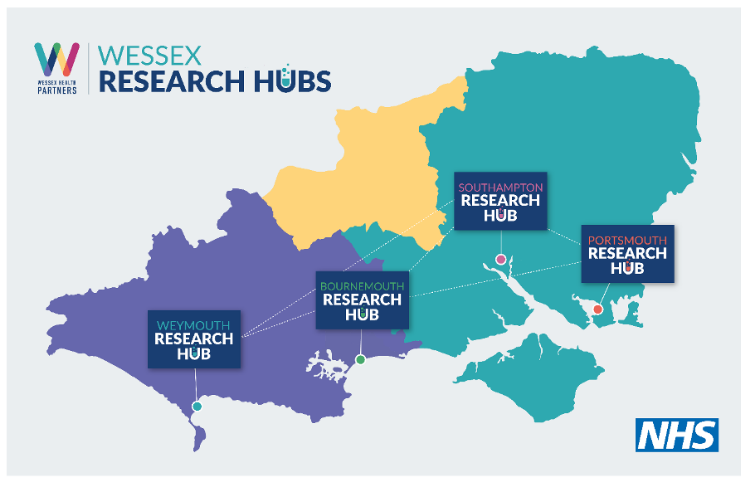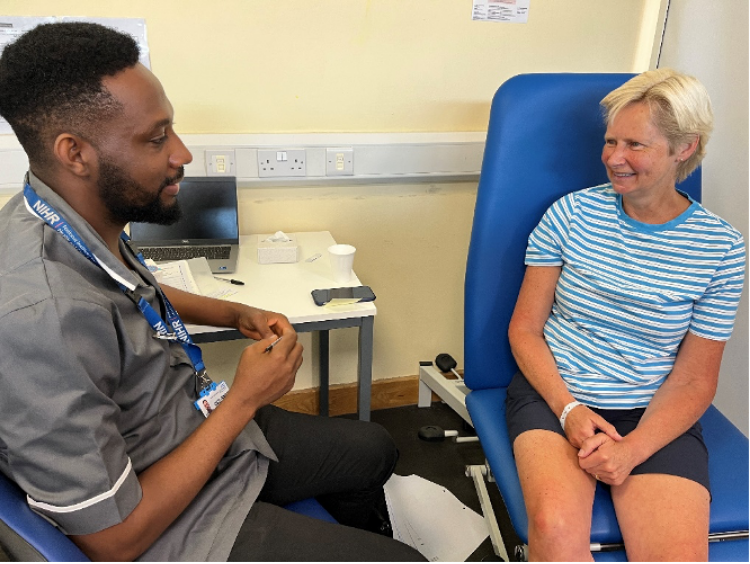“We’re delighted to see the opening of the Weymouth Research Hub, which will bring exciting new opportunities for the local community to join research studies into health and wellbeing. It’s fantastic to see organisations across Wessex forming new partnerships and collaborations, making participating in research easier and ensuring we meet the needs of whole communities. This will benefit the local population and wider society, helping people live healthier and better lives now, and in the future.”
Christine McGrath, Managing Director of Wessex Health Partners



